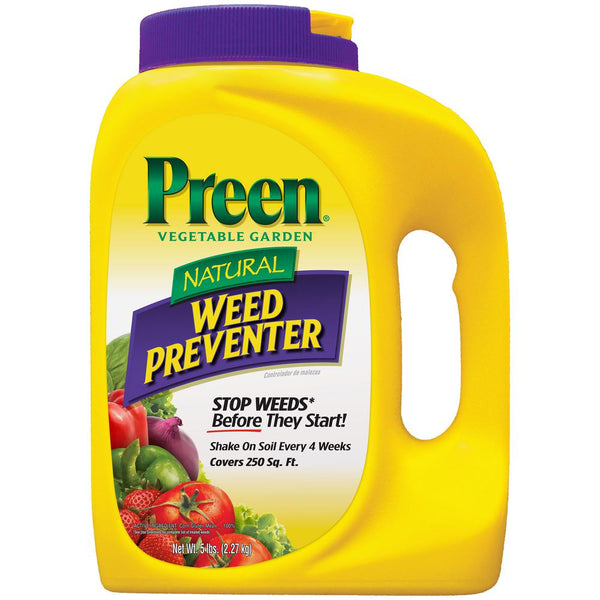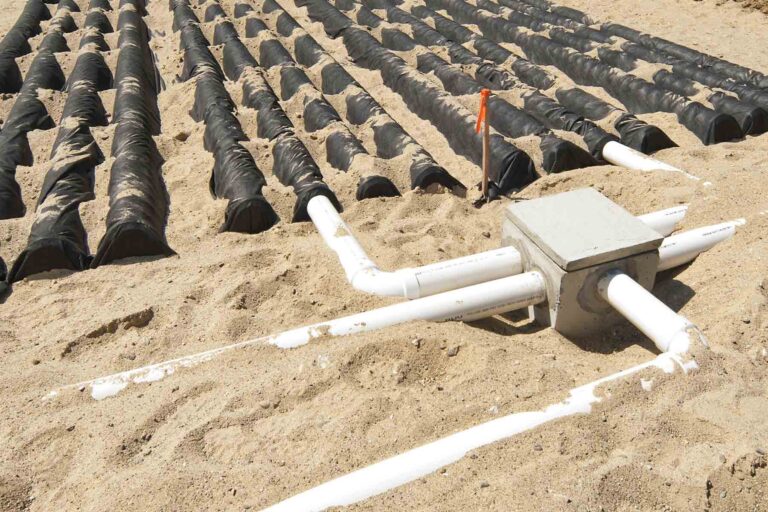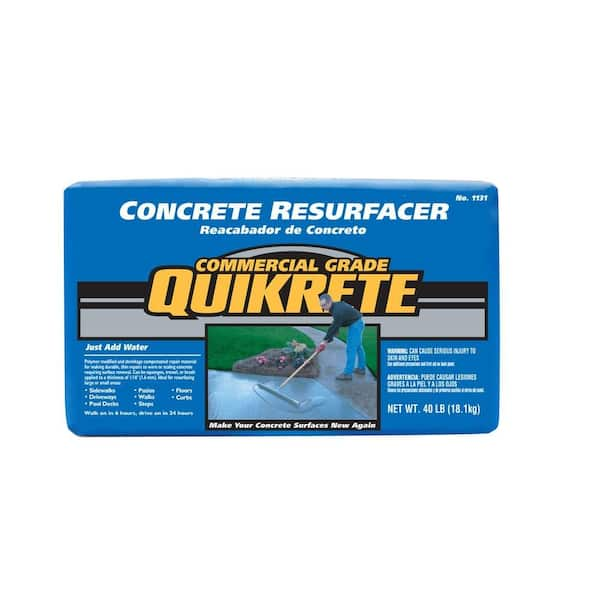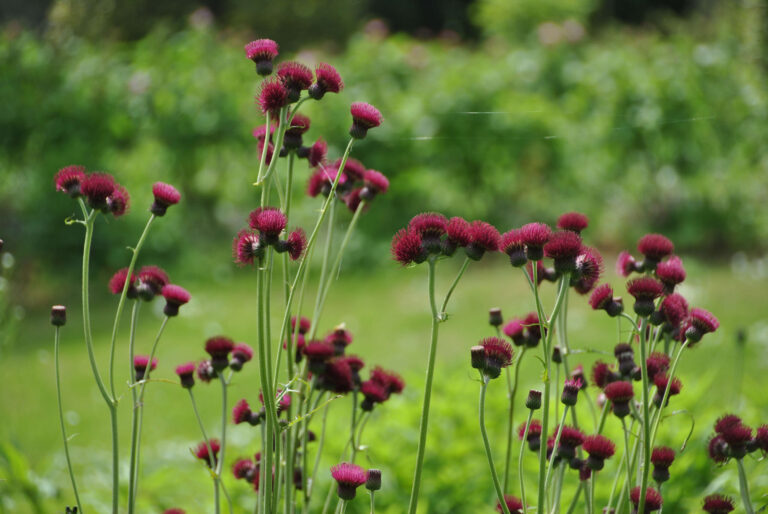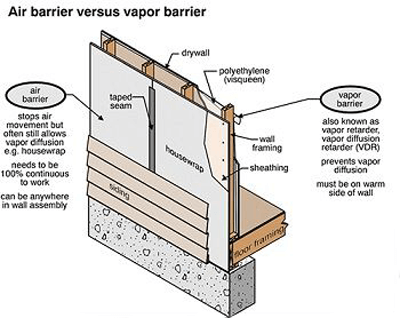Is Preen Dangerous to Pets: Safety Tips Revealed
Have you ever wondered if the garden products you’re using might be a hidden danger to your beloved pets? As a pet owner, you want to ensure that every choice you make keeps your furry friends safe and sound.
Preen, a popular weed control product, is often used to keep gardens neat and tidy. But is Preen dangerous to pets? Your curiosity about their safety is valid, and it’s crucial to know the facts before your pets wander through treated areas.
By the end of this article, you’ll discover the truth about Preen and your pets, empowering you to make informed decisions that protect your cherished companions. Stay with us as we unravel this important topic for the safety and well-being of your four-legged family members.
Understanding Preen
Many pet owners worry about chemical exposure. Preen is a common concern. Understanding its uses helps address safety issues. Knowing its composition is important for pet safety.
What Is Preen?
Preen is a popular garden product. It’s designed to prevent weed growth. People use it to keep gardens neat. It works by stopping weed seeds from sprouting. Preen is a pre-emergent herbicide. It’s often found in granule or liquid forms.
Common Uses Of Preen
Gardeners use Preen to manage weeds. It is applied to soil before weeds appear. This helps control weed infestations early. Preen is used in flower beds and vegetable gardens. It is also used around trees and shrubs. It offers a tidy landscape without constant weeding.

Credit: www.preen.com
Potential Risks To Pets
As pet owners, ensuring the safety of our furry friends is always a priority. Products like Preen, a popular weed preventer, often raise concerns about their impact on pet health. You might wonder if using Preen in your garden could pose potential risks to your pets. Understanding these risks is crucial for maintaining a safe environment at home.
Ingredients To Watch Out For
Preen contains chemicals that can be harmful to pets. The primary ingredient, trifluralin, is known for its effectiveness in controlling weeds. However, it can also be toxic to animals if ingested or inhaled. Another component, 2,4-D, can cause skin irritations and other health issues.
It’s essential to check the label for any other additives that might be hazardous. Even small amounts can lead to problems. When using such products, ensure they are kept out of reach from curious pets.
Symptoms Of Exposure
Recognizing symptoms of exposure to Preen is vital. If your pet comes into contact with treated areas, look for signs like drooling, vomiting, or loss of appetite. These can indicate ingestion or inhalation of harmful substances.
Skin irritations or allergic reactions might manifest as excessive scratching or redness. Behavioral changes, such as lethargy or restlessness, could also be clues. If you notice any of these symptoms, consult your vet immediately.
Have you ever had to rush your pet to the vet after a gardening session? It’s a wake-up call to reassess how you use these products. What precautions can you take to prevent such incidents?
Being proactive can save you and your pet a lot of distress. Consider alternative pet-safe options or methods to keep your garden weed-free without compromising your pet’s health.
Safety Tips For Pet Owners
Preen is a popular garden weed preventer. It helps keep gardens neat and tidy. But, pet owners often wonder about its safety for animals. Pets may wander into treated areas. This can lead to accidental exposure. Knowing safety tips can ease these concerns. Here, we provide useful advice for using Preen safely.
Safe Usage Guidelines
Always read the label carefully. Follow the instructions for use. Avoid using Preen in areas where pets roam freely. Wait until the product has dried before letting pets into the treated area. Store Preen in a place pets cannot reach. This prevents accidental ingestion. Use gloves when applying Preen. Wash hands thoroughly after use. This ensures safety for both you and your pets.
Alternatives To Preen
Consider natural weed prevention methods. Mulching can suppress weed growth. It is safe for pets. Try using vinegar as a natural weed killer. It is effective and pet-friendly. Hand-pulling weeds is labor-intensive but safe. It avoids chemical exposure. Plant ground cover plants to reduce weeds. These can keep weeds at bay naturally.
Emergency Actions
Concern arises over Preen’s safety for pets. This garden product can be harmful if ingested by animals. Always keep pets away from treated areas to ensure their safety.
When your pet comes into contact with Preen, acting quickly can be crucial. This section provides essential emergency actions to protect your furry friends. Knowing the right steps to take can make a difference in your pet’s health and well-being. Let’s explore what you can do if your pet has an accidental encounter with Preen.Immediate Steps To Take
If you suspect your pet has touched or ingested Preen, stay calm but act swiftly. First, remove your pet from the area where Preen was applied. This prevents further exposure. Next, check your pet’s skin and fur. If there’s visible residue, gently wipe it off using a damp cloth. Avoid using soap or chemicals, as they might irritate your pet’s skin further. If your pet has ingested Preen, try to determine the amount. Keep your pet hydrated by offering fresh water. This can help dilute any ingested substance. It’s crucial to monitor your pet closely for any unusual behavior or symptoms, such as vomiting or lethargy. Document these observations as they can be valuable information when consulting a vet.When To Contact A Vet
Knowing when to seek professional help is vital. If your pet shows signs like excessive drooling, difficulty breathing, or persistent vomiting, contact your vet immediately. These symptoms may indicate a serious reaction. Even if symptoms are mild, it’s wise to consult a vet for reassurance. Explain what happened and describe any symptoms your pet is experiencing. Ask yourself: Is my pet behaving differently than usual? Trust your instincts. Your pet’s health is the priority, and a vet can provide guidance tailored to your situation. Remember, the quicker you act, the better the outcome for your pet. Have you ever faced a similar situation with household chemicals? Knowing what to do in emergencies can be a lifesaver.Expert Opinions
Experts share varied opinions on whether Preen is safe for pets. Some highlight risks, especially if ingested, while others suggest careful use.
When considering the safety of using Preen around your pets, understanding expert opinions is crucial. You might wonder whether the convenience of weed prevention is worth the potential risk. Let’s dive into insights from veterinarians and toxicologists to help you make an informed decision.Veterinarian Insights
Veterinarians often see firsthand the impact of household products on pets. Many vets suggest caution when using Preen, especially if your pets have access to treated areas. A friend of mine once had a scare when her dog started sneezing excessively after a day in the garden. She consulted her vet, who recommended keeping pets indoors for 24 hours after application. Do you ever wonder how your pet’s behavior might change due to exposure? Vets emphasize observing any unusual symptoms like vomiting or lethargy and suggest contacting them if symptoms persist.Toxicologist Perspectives
Toxicologists provide a deeper understanding of how chemicals in Preen interact with animal biology. They highlight that while some ingredients might be safe for plants, they can be harmful to pets. For instance, toxicologists warn about potential skin irritation or ingestion issues. These insights can make you reconsider using Preen near areas where pets frequently roam. Have you ever thought about the long-term effects on your pet’s health? Toxicologists stress the importance of reading labels and understanding the active ingredients in products like Preen. By considering these expert opinions, you can weigh the benefits and risks of using Preen, ensuring your garden remains a safe haven for your furry friends.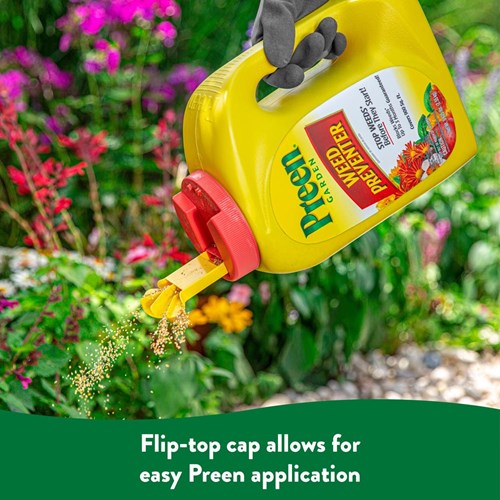
Credit: www.preen.com

Credit: www.weekand.com
Frequently Asked Questions
Is Preen Safe For Dogs And Cats?
Preen can be harmful to pets if ingested or if they come into direct contact with it. Always follow label instructions and consider using pet-safe alternatives. Keep pets away from treated areas until the product has been absorbed or washed away to ensure their safety.
Can Preen Cause Health Issues In Pets?
Yes, Preen can cause health issues in pets, including skin irritations and gastrointestinal problems. Ingestion or prolonged contact can lead to more serious complications. If you suspect your pet has ingested Preen, contact a veterinarian immediately for advice and potential treatment.
How To Keep Pets Safe From Preen?
To keep pets safe, restrict their access to areas treated with Preen. Apply the product when pets are away, and ensure treated areas are dry before allowing them near. Consider using barriers or temporary fencing to keep pets from accessing treated zones.
What Should I Do If My Pet Eats Preen?
If your pet eats Preen, contact a veterinarian immediately. Provide them with information about the product and amount ingested. Do not induce vomiting unless instructed by a professional. Follow their guidance for potential treatment and monitoring your pet’s health.
Conclusion
Understanding Preen’s effects on pets is crucial for their safety. Always read labels carefully. Consider natural alternatives if you’re worried about chemicals. Keep pets away from treated areas to avoid risks. Pet safety should always come first. Consult your vet if unsure about Preen’s safety.
They can offer guidance tailored to your pet’s needs. Remember, a little caution can prevent serious harm. Choose products wisely to ensure a safe home environment. Your pets rely on you for protection and care. Make informed decisions for their well-being.
